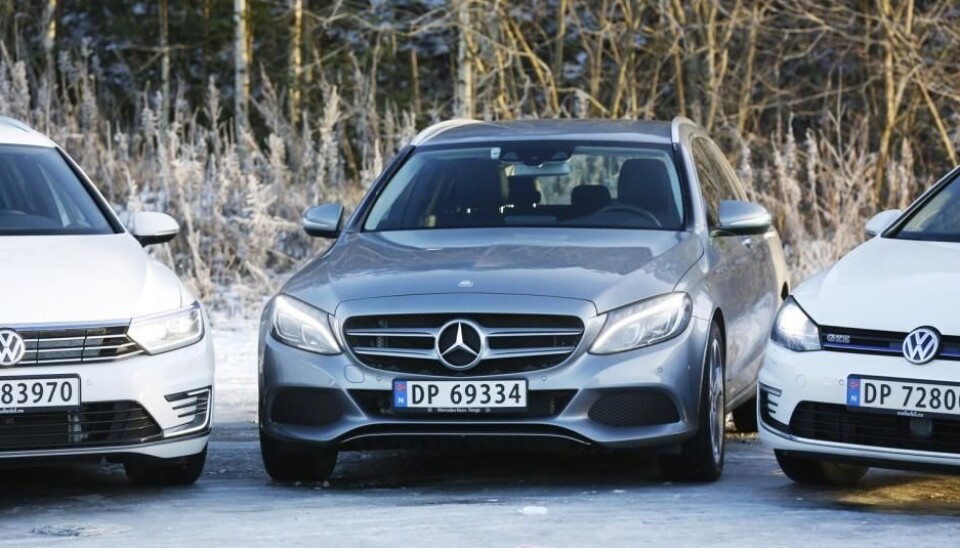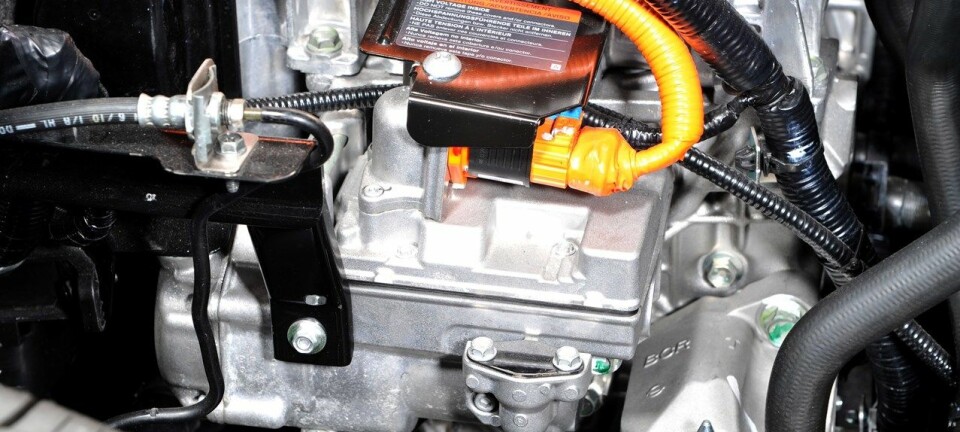
Finding predictability in car brand loyalty
Car brand loyalty involves more than customer satisfaction, it turns out. A new study examines the past purchases of 9000 Norwegian car owners for buying patterns.
For automakers, marketing new cars to existing customers is easier and cheaper than gaining new customers.
A recent study that Terje Andreas Mathisen conducted with two other researchers at Nord University’s Bodø Graduate School of Business may provide some insight as to why that is.
“The main reasons that car buyers stick with the same make of car is that they’re satisfied with the car quality and dealer service and that the brand has kept up with technical developments relative to other makes,” he tells forskning.no.
Lemons versus loyalty
Repair and maintenance costs come to about 1,170 euros per year for a midsized car, or 12 per cent of annual car expenses, according to 2014 numbers from the Information Council for Road Traffic, a Norwegian interest group. The troubles you have with your vehicle can shape the attitudes you have toward the brand.

But whether or not you buy the same make next time depends on more than just your experiences with the car.
“Sometimes economic conditions force us to buy a cheaper make of car even though we’d prefer a different one. Lada enjoyed tremendous loyalty among Russians, but it didn’t necessarily mean that they were particularly impressed by the brand,” says Mathisen.
With his colleagues, Mathisen set out to determine just how loyal Norwegian car owners actually are.
Looked at car owners’ buying history
They examined data from the Norwegian Public Roads Administration for all car owners named Hansen, Karlsen and Olsen, and noted what car brands these people had previously owned.
The researchers found that Toyota owners are four times as likely to buy another Toyota as Renault owners are to repeat their purchase. They analyzed 9000 car owners in all, starting in 2013 and going back 28 years.
“As far as we know, this is the first time car purchases have been studied in this way,” says Mathisen.
The automobile makes with the least and most loyal customers corresponded quite closely to what customer surveys show. But the researchers also found significant individual differences.
Younger drivers are more "unfaithful"
One in four car owners is loyal and buys the same make of car again. One in three buys a brand they owned sometime previously, and the rest try out a new brand every time.
Men are a little more loyal than women to car makes. Older car owners are also far more loyal than younger ones. A 60-year-old replacing a vehicle is twice as loyal to “his” last car brand as a young car owner.
The frequency of changing cars and age also play a role. The older your car when you replace it, the more likely that you’ll buy a totally different make of car. Brand loyalty is also less if you bought a used car before, and if it’s been a long time since you last purchased a car.
“Vehicle owners who rarely change cars are perhaps less car obsessed or brand conscious, and what brand they choose is less predictable,” says Mathisen.
Most loyal buyers
Toyota has the most loyal customers, with Opel and Ford close on its heels. Renault has the lowest brand loyalty. The table shows the percentage of car buyers whose last car was the same make.
On average 25 per cent chose the same brand. Loyalty for other brands was around 8 per cent.
More loyal to BMW and Audi
Brand loyalty varies depending on where you live. Oslo car owners are a little less loyal in general then the rest of the country. Outside Oslo, motorists are more loyal to Honda, Saab and Renault.
In a recent poll of brand loyalty by digital marketing gurus Rocket Fuel, they found the most loyal car buyers in Britain to be Audi (61 per cent buy another Audi), Mercedes-Benz (56 per cent), Alfa Romeo (51 per cent) and Volkswagen (41 per cent). Fiat, Mazda and Hyundai ranked lowest at 22 per cent to 15 per cent.
Volkswagen is the most widespread automobile make in Norway, but only ranks fifth in terms of user loyalty. Mathisen says that suggests that they aren’t so good at keeping their customers.
Changes in loyalty can have very different effects depending on how widespread the brand is. For example, “the significance for the sale of all the other car brands is much greater if Volkswagen has a decrease or an increase in customer loyalty,” he said.
Surveys have a weakness
For manufacturers — including automakers — that score well in the BI Norwegian Business School’s annual customer barometer, the result is worth marketing gold.
But surveys like this may have a weakness: consumers don’t always do what they say they’re going to do. The Nord University study, however, is based on actual past actions among customers.
-------------------------------------
Read the Norwegian version of this article at forskning.no


































